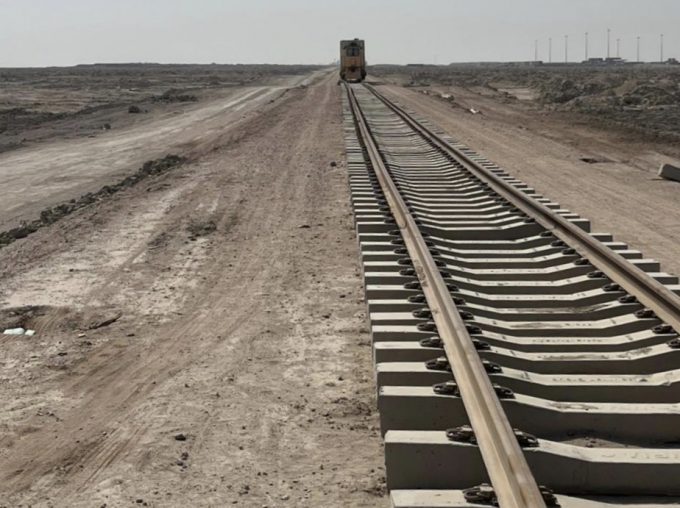Returning to Suez and rates: the shipping contract conundrum
Shippers negotiating new contracts this year face a major rates dilemma as the maritime industry ...

Iraq’s ambitious plans for its future mega-port to offer an alternative to other Middle Eastern ports, and even the Suez Canal, would depend on overload transhipment to Turkey, which would be provided by state-owned Iraqi Republic Railways (IRR).
“We are working on a project to maximise the benefit of our geographical location and serve traders that want to take goods through Iraq to other countries via Turkey, once the Grand Port of al-Faw is completed,” IRR’s general director, Talib Jawad al-Husseini, ...
Asia-USEC shippers to lose 42% capacity in a surge of blanked sailings
USTR fees will lead to 'complete destabilisation' of container shipping alliances
Outlook for container shipping 'more uncertain now than at the onset of Covid'
New USTR port fees threaten shipping and global supply chains, says Cosco
Transpac container service closures mount
DHL Express suspends non-de minimis B2C parcels to US consumers
Zim ordered to pay Samsung $3.7m for 'wrongful' D&D charges
Flexport lawsuit an 'undifferentiated mass of gibberish', claims Freightmate
Uncertainty over US tariffs sparks interest in bonded warehouses for imports
Cancelled voyages take the sting out of spot rate declines this week
Blanked sailings in response to falling demand 'just a stop-gap solution'
Shippers warned: don't under-value US exports to avoid tariffs – 'CBP will catch you'


Comment on this article